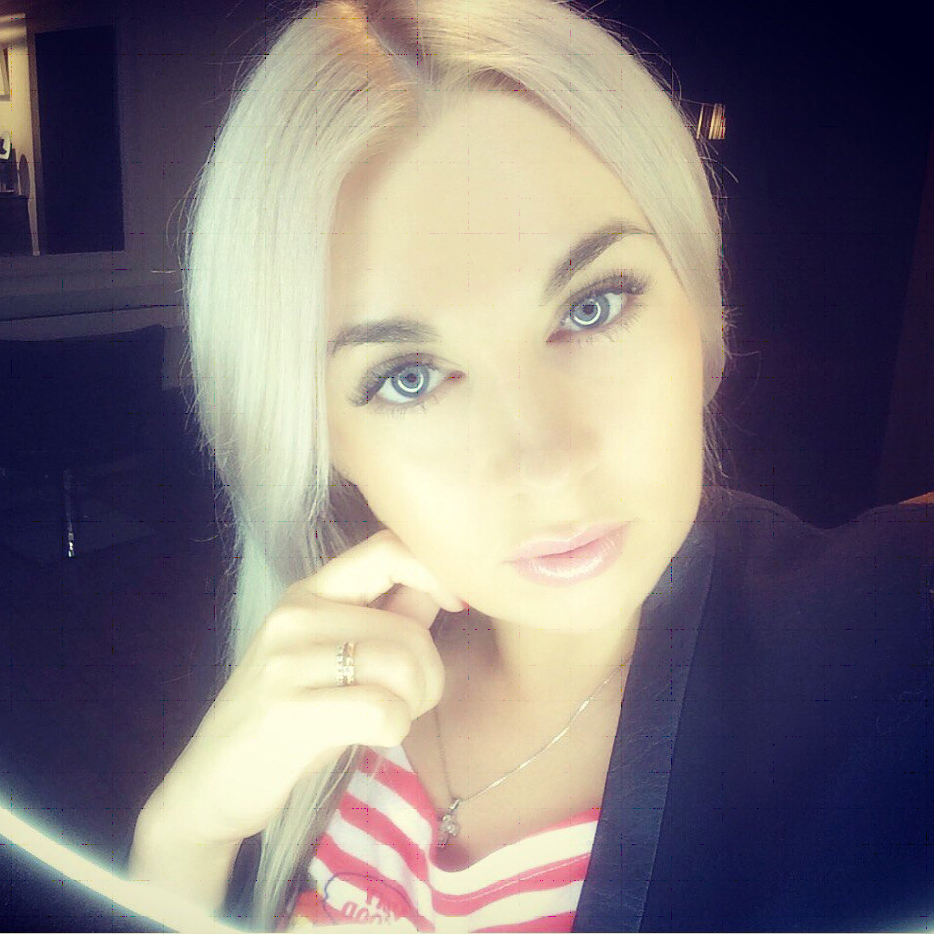The International Competition of Research Papers by Young Scientists and Students on «The Theory of Nononomy as a Key to Understanding Socio-Economic Transformations in the 21st Century»
Bodrunov Sergey Dmitrievich Chairman of the expert committee of the competition, Corresponding Member of the Russian Academy of Sciences, President of the Free Economic Society of Russia, President of the International Union of Economists, Director of the S.Y. Witte Institute for New Industrial Development, Honorary Professor of USUE, Doctor of Economics, Professor
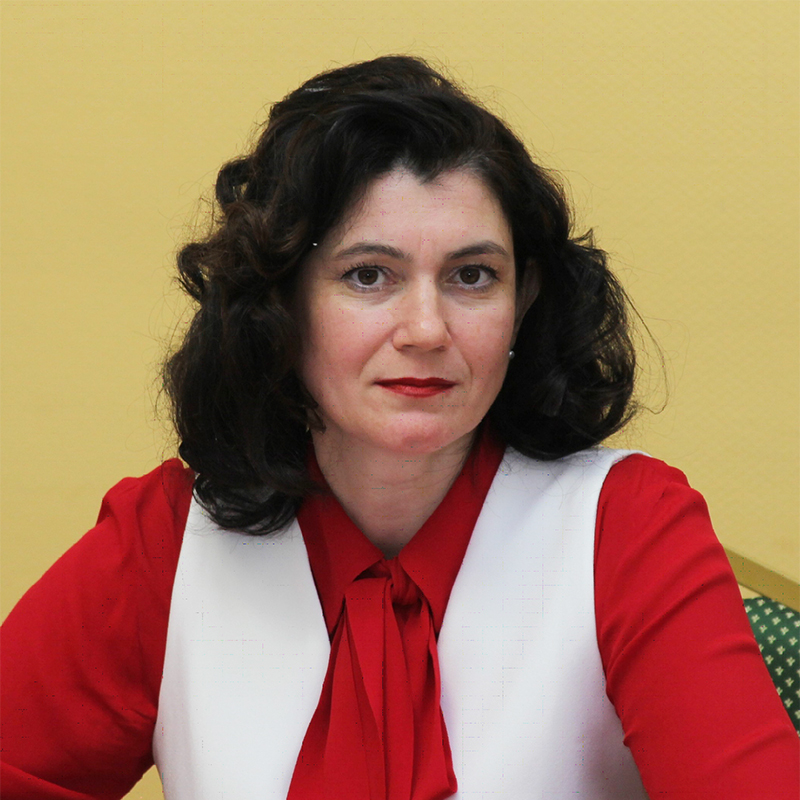
The international competition for scientific research works among young scientists and students titled "The Theory of Nononomy as a Key to Understanding Socio-Economic Transformations in the 21st Century" will be held by Ural State Economic University (USUE) in cooperation with the Witte Institute of New Industrial Development, All-Russian Public Organization Free Economic Society of Russia, and scientific and educational center Noonomy, as well as Sverdlovsk Regional Public Organization Free Economic Society.
The goal of this Сompetition is to foster managerial and research skills among students, postgraduates, and young scientists aged 35 and under in the field of noonomy theory, as well as to promote and advance heterodox knowledge related to noonomy theory.
The participants in the Competition are undergraduate and graduate students, doctoral candidates, young researchers, and representatives of academic institutions from Russia and other countries who are between the ages of 18 and 35.
Individuals and groups of three or fewer may submit research papers for the competition.
Research submissions are divided into two categories:
1) For undergraduate and graduate students:
- The best research project on transitioning to a knowledge-based product
- The best project on innovative ways to meet customer needs
- The most innovative project on the balance between simulated and non-simulated needs
- Development of human skills as a fundamental requirement for the NOO community
2) For young researchers under the age of 35 (doctoral candidates, postdoctoral fellows, researchers):
- Innovative research projects related to various fields of study
The following nominations are for the competition:
- The best research project related to increasing production intensity;
- The most significant contribution to understanding the role of knowledge in human activity and shaping needs;
- A groundbreaking study on the transition to Research and Development 2 (R&D2) and its impact on employment structures;
- An innovative initiative on integrating production, science, and education;
- A comprehensive exploration of NIO2 and its implications for material production trends.
Applications for participation in the competition, competitive works, and abstracts of works must be submitted by March 20, 2025, through the registration system on the website.
Individual participants should submit an application through the website's registration system, selecting the "individual participation" category.
Group participants must have each member submit an application for participation via the website's registration system under the "team participation" category, followed by either "team captain" or "team member." In the "Project Title" field, each team member should indicate the name of their project. The team leader should attach a project file to their application form, listing all project contributors.
The finalist lists for the competition, who will be invited to a full-time presentation of their work and participation in the final event of the forum, will be published on the competition's page between April 1 and April 10, 2025.
The face-to-face defense event will take place on April 23, 2025, from 10:30 am.m. to 3:00 p.m., with awards to be presented on April 24, 2025.
The final event will be in-person, although remote participation may be possible at the discretion of the organizing committee.
Registered participants and expert judges will have access to USUE's cloud-based resources, which are based on the Microsoft Office 365 platform, and will be able to connect to interactive sessions as part of the event through teams created within Microsoft Teams.
Winners and prize-winners of the competition will receive diplomas, certificates, and cash prizes:
- 15,000 rubles for first place
- 10,000 rubles for second place
- 5,000 rubles for third place
Winners of the competition who receive a diploma of the first degree will also receive points for their individual achievements when applying for admission to USUE master's programs (2 points).
Following the conclusion of the events, it is planned to release a compilation of materials from the XIV EEYF. This compilation will include the abstracts from the finalists in the competition. The compilation will be made available on the RSCI (Russian Science Citation Index) and on the website of Ural State University of Economics, which can be accessed via the link: https://science.usue.ru/en/nauchnye-meropriyatia/sborniki-itogi
Additional Information:
What is noonomy?
“The “Noo” in the word “noonomy” has a root, “ancient Greek” meaning, meaning “noos”. The Greek word noos is mind, but not just mind itself as an abstract concept. Whether something is reasonable or unreasonable is always based on a certain criterial base, which we have already discussed. When we talk about noonomy, we mean certain special principles based on “noo” for the formation of a way to satisfy people’s needs, normal, non-simulative needs. Just as economics is a way of managing in an economic society, noonomy is a way of managing in a noo-society. At the same time, noo-society is not a noosphere, not an abstract “noospheric society”, it is a society whose material basis for its existence and satisfaction of people’s needs is noonomy. The second part of the term noonomy is “nomos”. Nomos is an ancient concept that also has Greek roots; in philosophy of the first third of the 20th century. it was used to designate the basic principle of organization of any space, the universal law, the absolute law of the existence of all things. Thus, this is law, order, way of life, the principle of economic organization, management, management. Hence: noonomy is a way of satisfying needs in a society where there is, in the words of Metropolitan Hilarion, “the light of reason”; where there is no relation to production and production relations; where there is no relation to property and property relations; where there is no economy and where economy is impossible as a way to meet people's needs. Therefore, the interpretation of noonomy as a “noospheric economy” that is sometimes found in publications does not make sense. The basis of noonomy is a non-economic type of satisfaction of human needs, which will be formed through a new quality of production, where a person will become, in accordance with the brilliant vision of Karl Marx, “beyond material production itself” and where, in connection with this, economic relations between people will be removed.”
Excerpt from the publication: Bodrunov S.D. Noonomy as a model of social structure: prerequisites for its emergence, essence, mechanism of formation / Water lecture for the training course “General Theory of Noonomy” / S.D. Bodrunov. – SPb.: INIR im. S.Yu. Witte, 2020. – 39 p.
Recommended literature for preparing competitive works:
- Bodrunov S.D. Noonomy / Monograph / - M.: Cultural Revolution, 2018. – 432 p.
- Bodrunov S.D. General theory of noonomy / Textbook / - M.: Cultural Revolution. 2019. – 504 p.
- Bodrunov S.Yu. Noonomy: trajectory of global transformation / Monograph / - M.: INIR; Cultural revolution, 2020. – 214 p.
- Bodrunov S.D., Glazyev S.Yu. Regularities of formation of the foundations of noonomy as a future social order: know and act. – SPb.: INIR im. S.Yu. Witte; M.: Tsentrkatalog, 2023. – 340 p.
- Strategizing the transformation of society: knowledge, technology, noonomy / V.L. Quint, S.D. Bodrunov / Monograph/. - SPB., INIR im. S.Yu. Witte, 2021. - 351 p.
- A (O)itology of noonomy: the fourth technological revolution and its economic, social and humanitarian consequences / under. total ed. S.D. Bodrunova. St. Petersburg: INIR, 2021. - 388 p.
- On the way to noonomy: man, technology and society in the space of associated production and consumption / ed. A.V. Buzgalina, A.I. Kolganov. M.: INIR im. S.Yu. Witte. 2020. – 490 p.
Experts
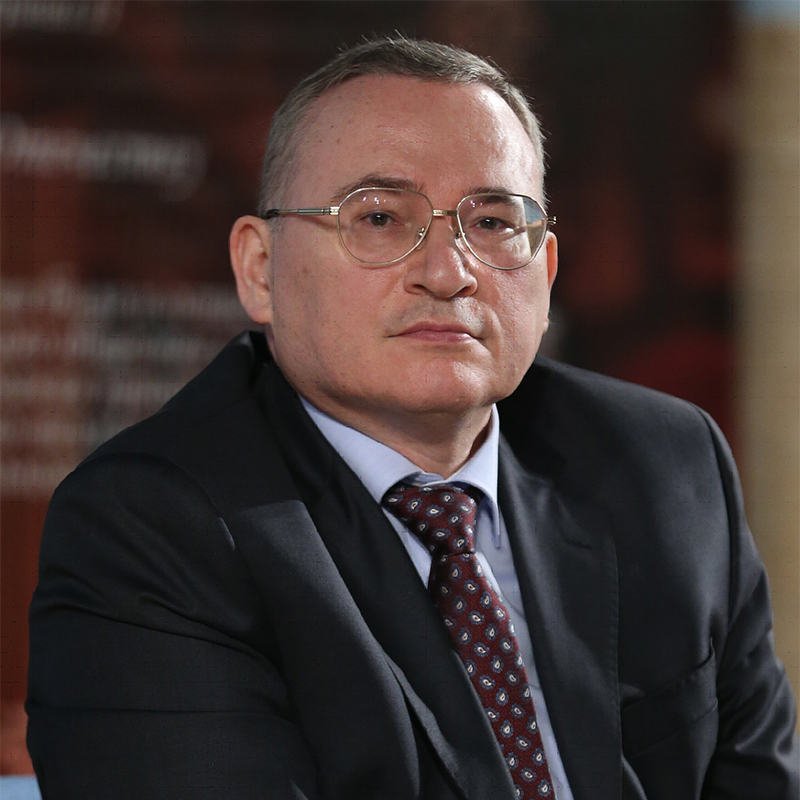

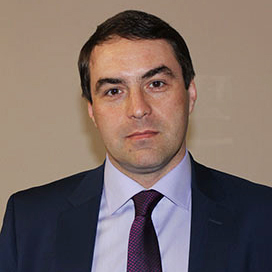
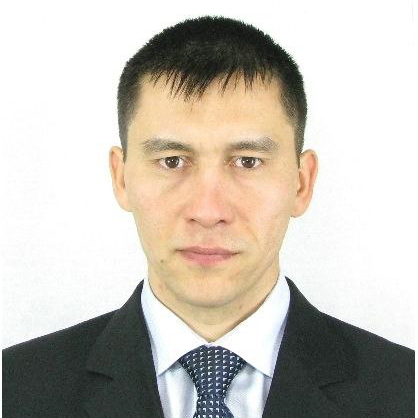
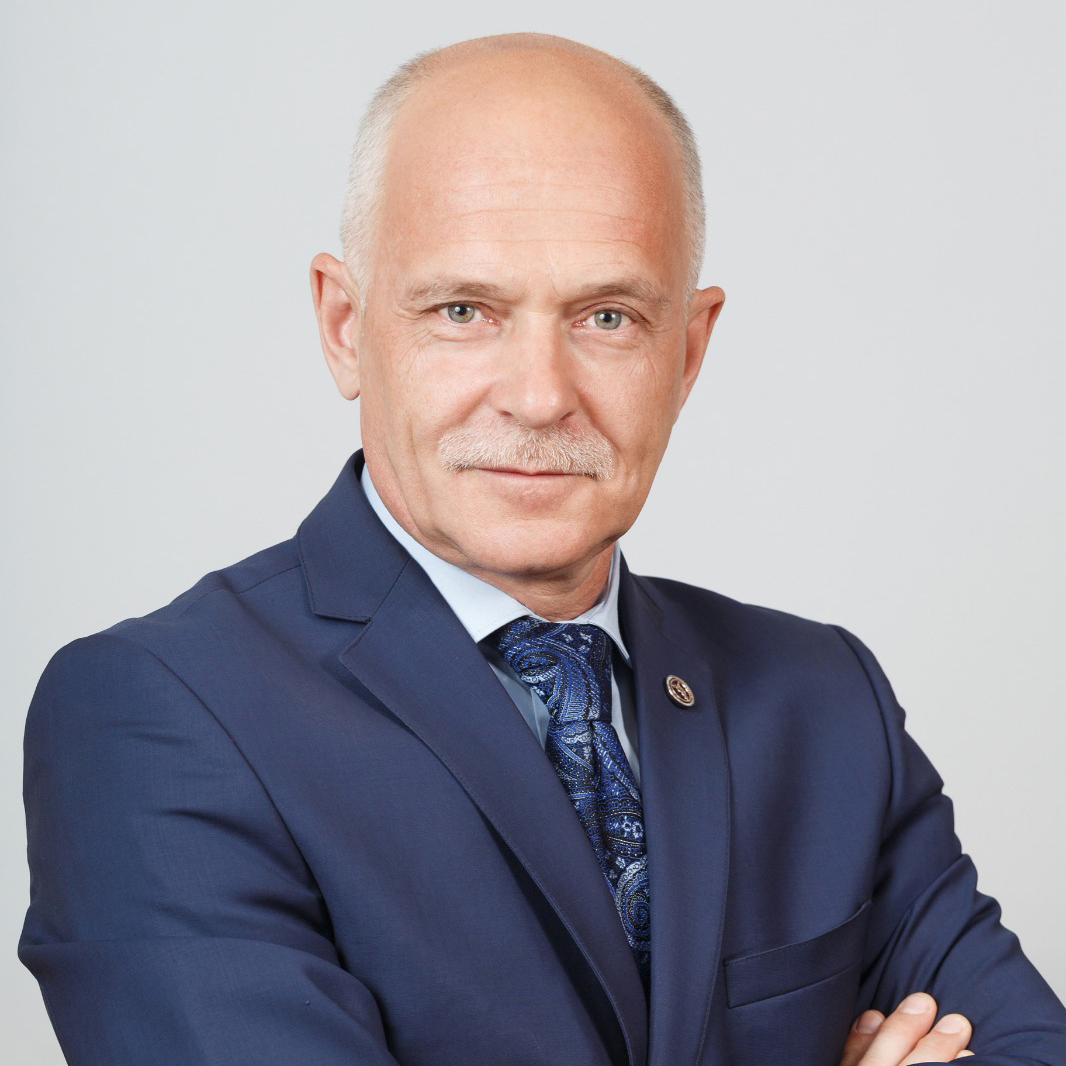
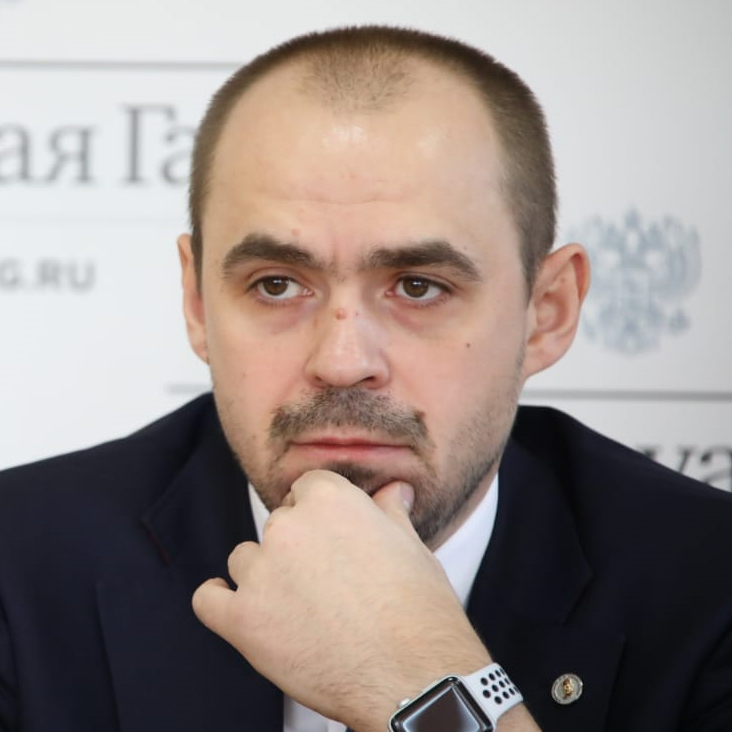
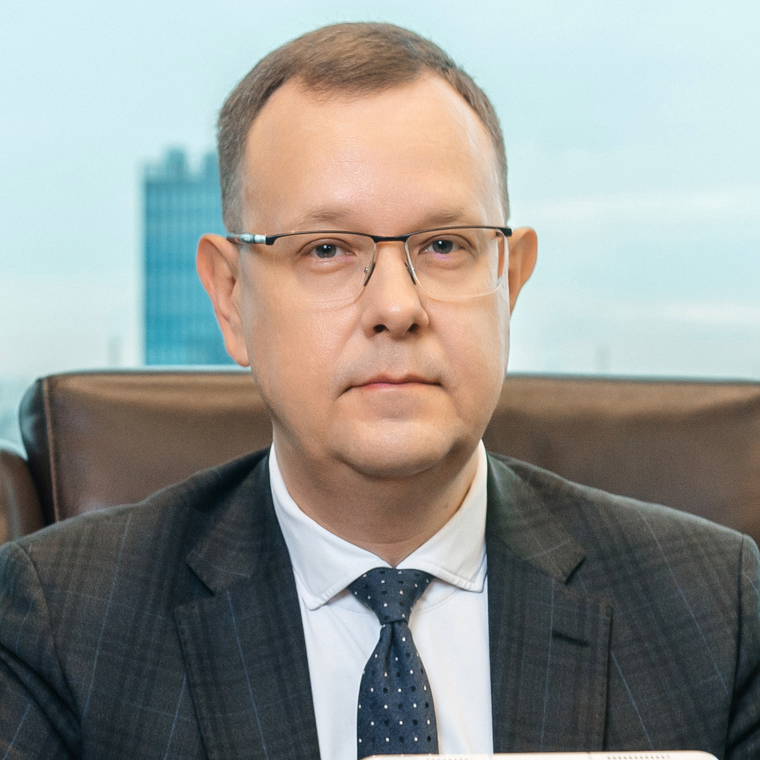

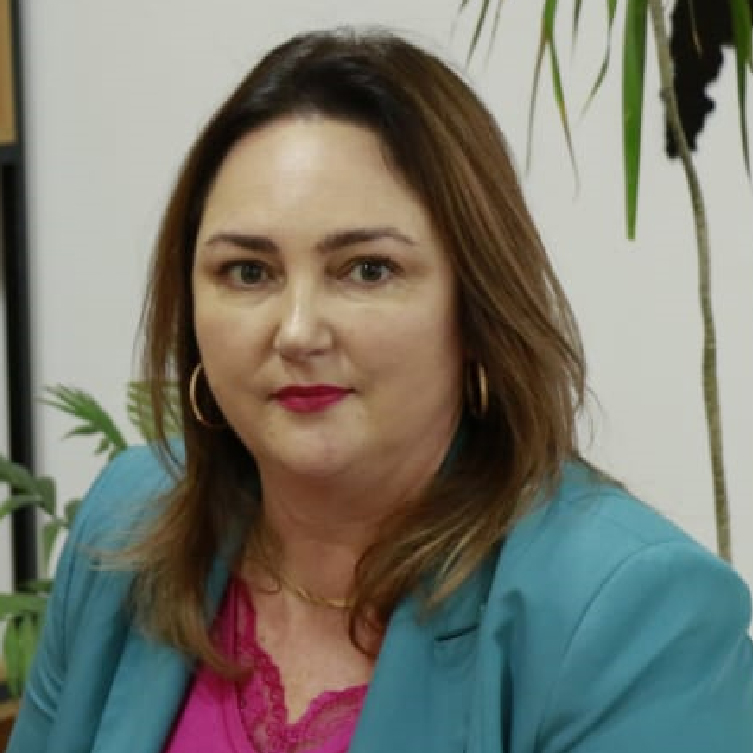
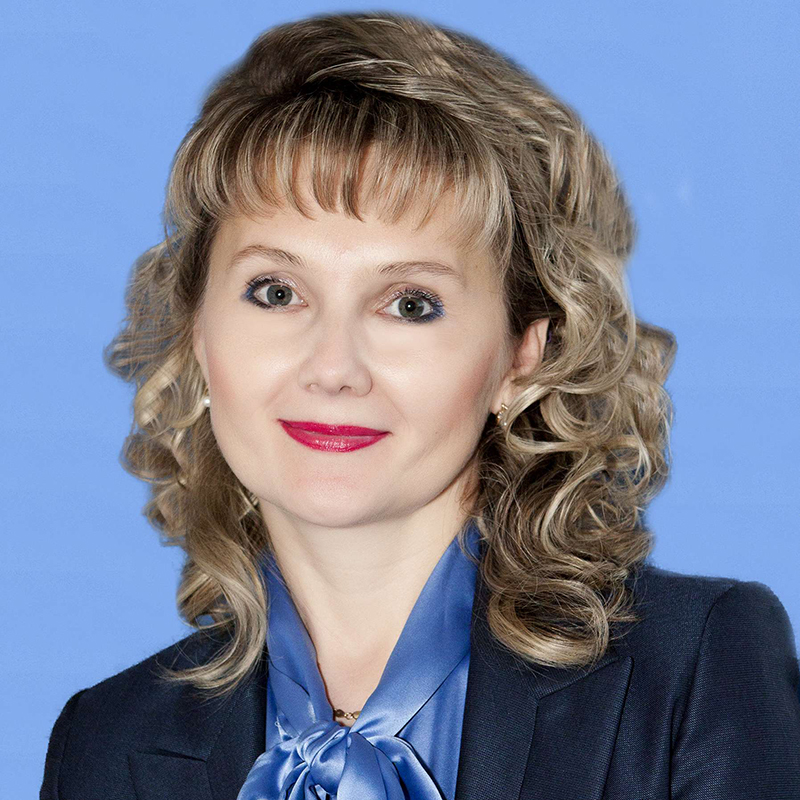
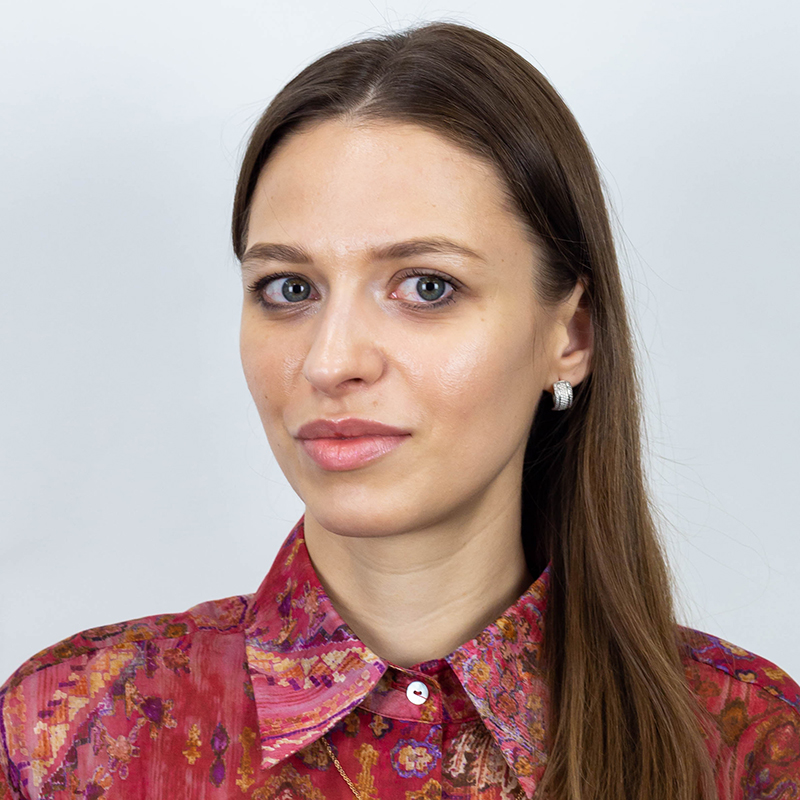
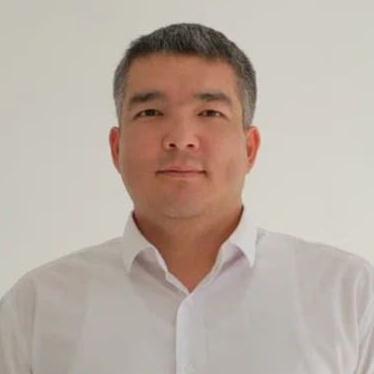
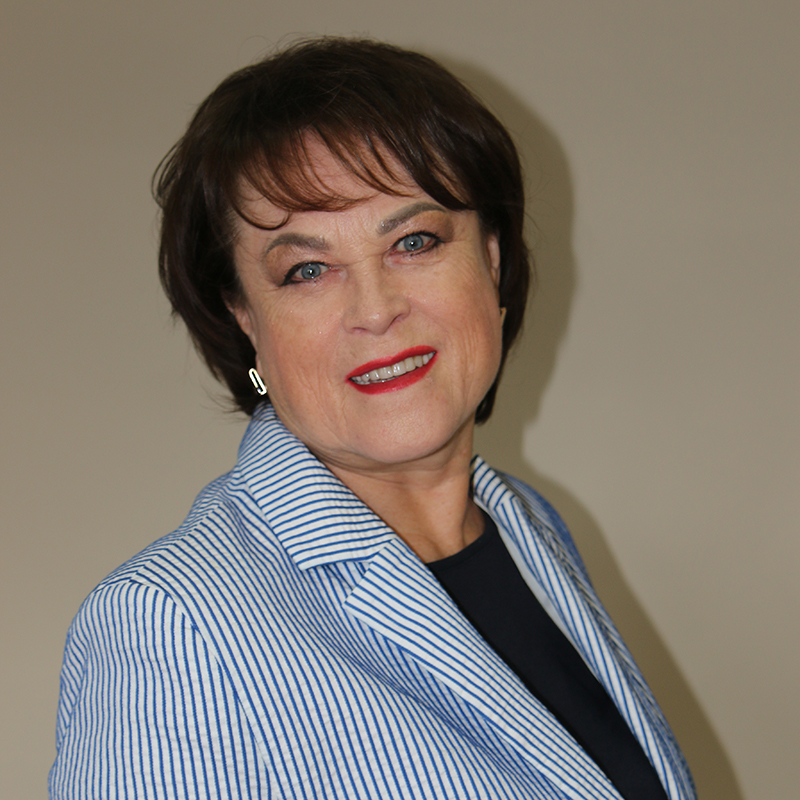
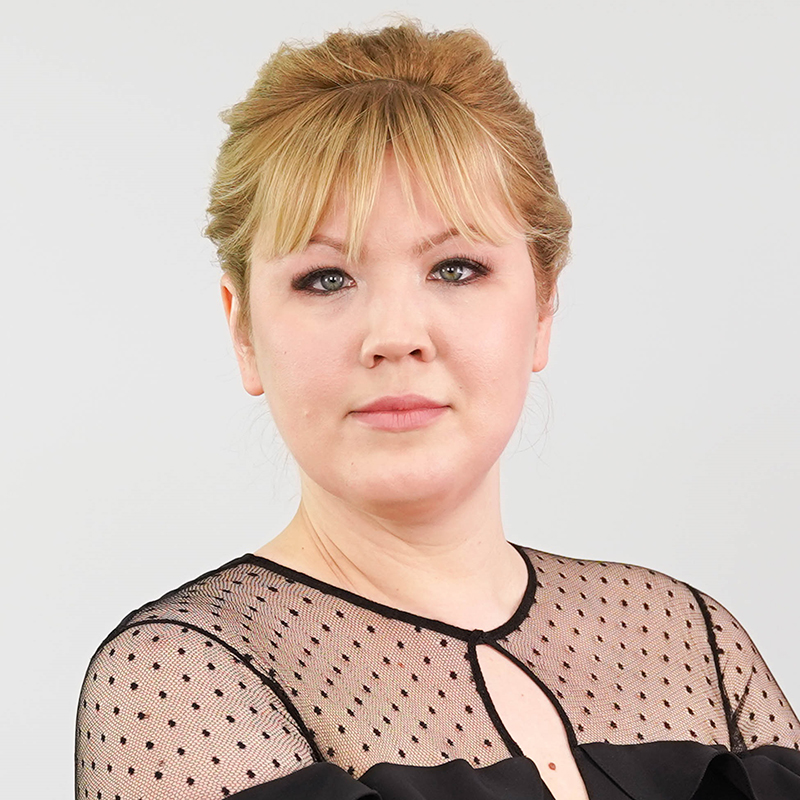
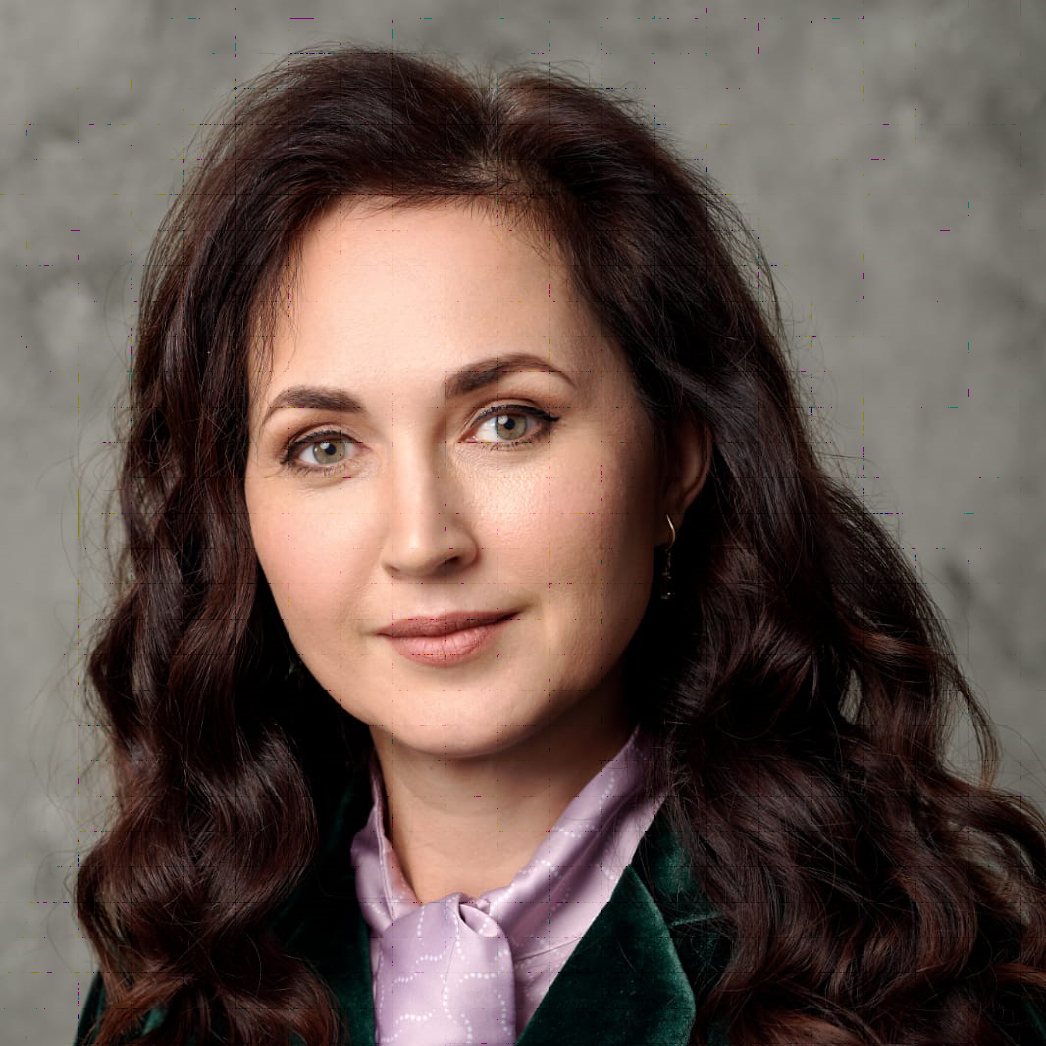
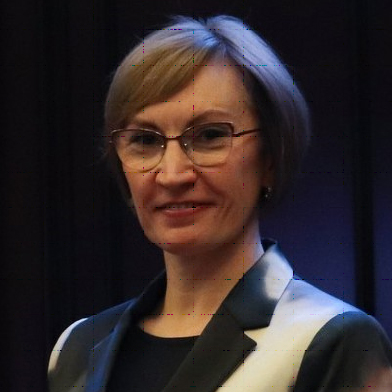
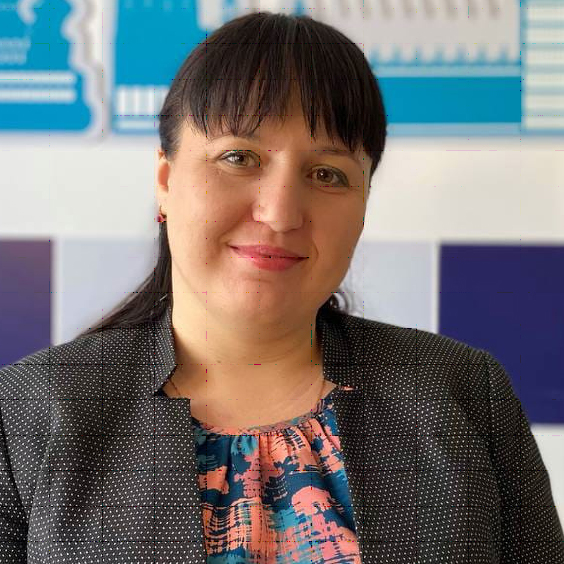
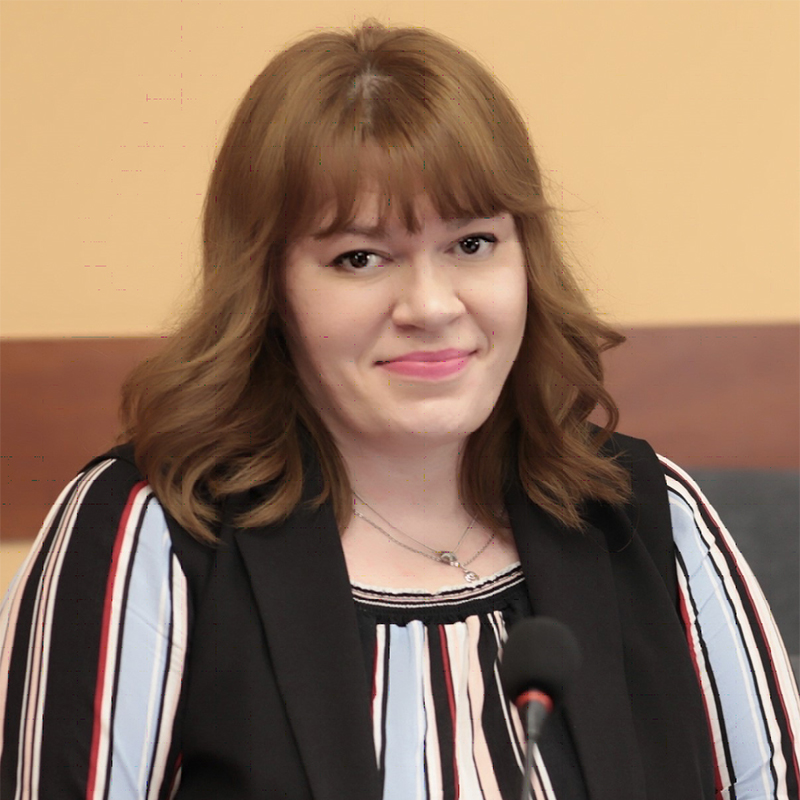
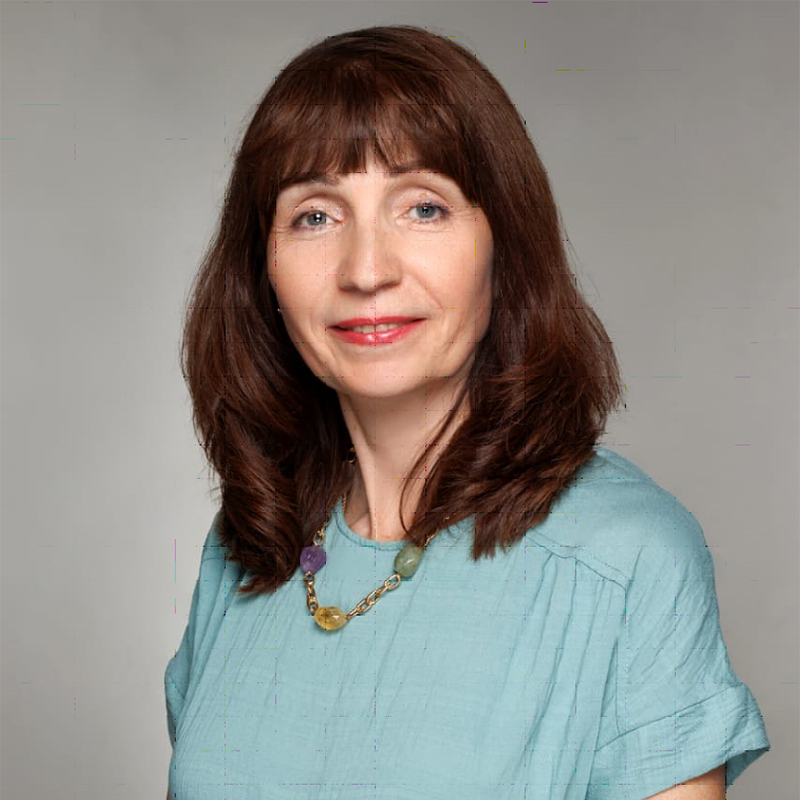
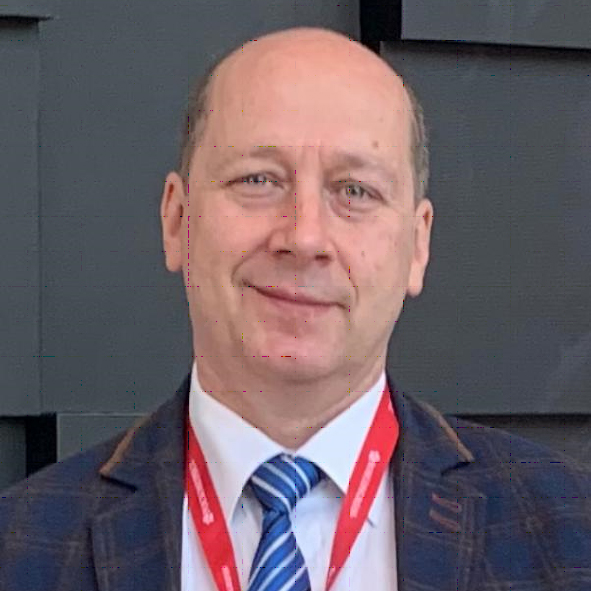
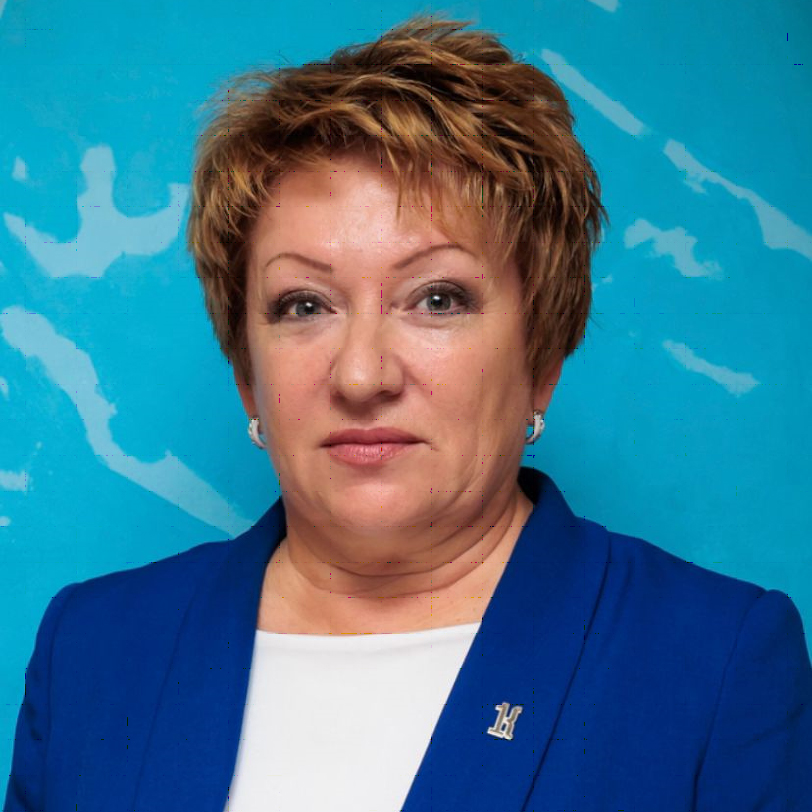
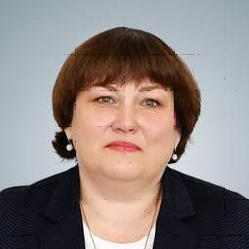
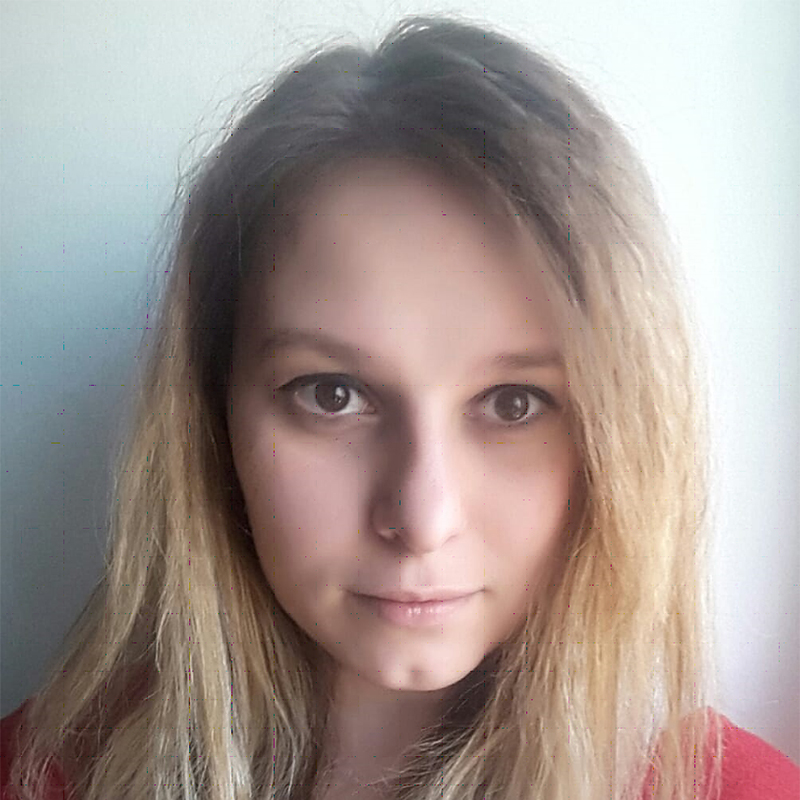
Coordinators


